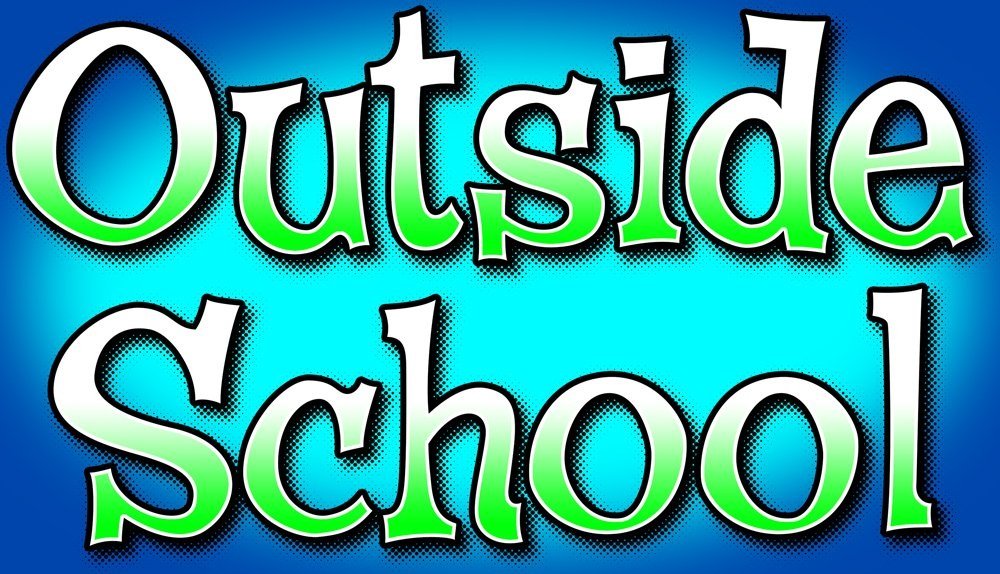Goals
Nature. Natural History. Natural Learning.
Discover ecological ties that bind. Go play in the Dirt.
★
Based on the principles set forth by Robin Moore’s Natural Learning Initiative, Richard Louv’s work on the principles of “no child left inside” and “nature deficit disorder,” and Paul K. Dayton’s sense of urgency in natural history education, we combine proven developmental theories with outdoor education.
★
We are committed to encouraging both teaching and learning, as well as vast amounts of unstructured time, in aesthetically pleasing outdoor environments.
★
Our goals are to stimulate people’s innate love of nature, to improve science education at all levels by using discoveries in nature to achieve curricular goals, and to ensure the survival of healthy ecosystems and their stewards.
Action: Teacher Training
•Use natural spaces in teacher training. Utilize areas that are already set up with facilities and staff that can support outdoor learning.
• Teach what is near and can be touched, not what is abstract. Learning in local areas is the most meaningful to teachers and their students, not the rain forests (unless you have a rain forest locally!).
• Teachers are to be taught at least one class outdoors and participate in at least one real research project. It can start as simply as having one of their traditional courses taught in a reserve or park, or even their own campus, with no other changes and later moving on to specific classes about teaching using nature to guide curriculum.
• Teachers can initially adjust their traditional lesson plans.
Action: Website
• Create a wiki so that it can grow as much as possible and have meaningful contributions from a variety of resources.
• Include resources for all ages, preschool through adult, including lesson plans, all cross-referenced.
Action: Developmentally Appropriate Learning
• Promote outdoor education, such as some schools in Germany and
Scandinavia exemplify by being 100% outside, year-round.
• Host “family days” at as many outdoor, local spaces as possible.
• Schools promoting outdoor learning should “adopt” a neighbor school to guide them in the process of integrating nature into their curriculum.
• Teaching and learning are respected as organic, constantly evolving
processes.
By Heather Taylor, teachoutside@gmail.com. You are welcome to share all materials with credit to her.

